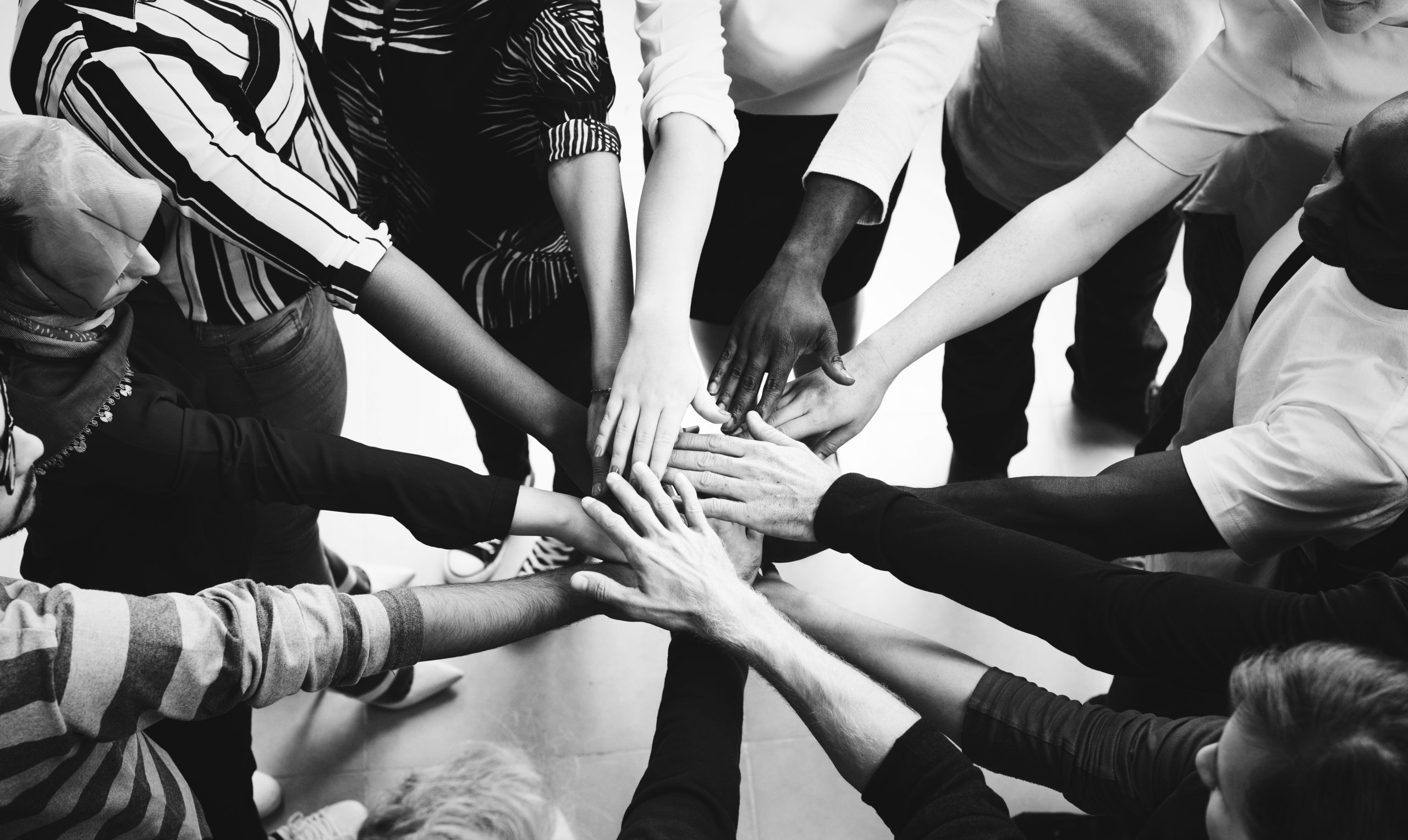The late, iconic comedian Joan Rivers delivered that line in a way that signaled that she was heavily burdened about something…and that she thought the person she was talking to would listen. The events of the past week have blown into vivid, global view the reality that civic dialogue in this country has reached a crisis level: we cannot, in fact, talk to each other.
As a professional whose entire career has been dedicated to helping clients be understood, the state of things is resulting in no small amount of reflection on how we have gotten to this sorry condition – and what might need to happen for things to improve.
This is about more than differences of opinion, about more than different languages and different agendas. To be in a healthy conversation – whether between two people, or two factions, or two institutions – there must be acceptance of legitimacy and, ultimately, trust that both parties are authentic. It seems to me that many of us have a vision of what we’d like to ‘get back to’ in terms of how civility looks and feels, albeit perhaps a more inclusive version than we’ve ever experienced in our history. But HOW to return to a level of civility and shared conversations? What are the first and second steps, and who needs to take them?
Much has been written about the erosion of trust in our institutions: even the military has seen its institutional trust ranking fall in recent years, while members of Congress have fallen below used-car salesmen (not kidding). Trust can be rebuilt, but it takes time and perseverance. My counsel to clients: it requires being trustworthy, ‘worthy of trust.’ And what research has taught us about that is that core to being trust-worthy is meeting expectations. Setting realistic expectations and then delivering on them, over and over again. Once trust is established, you can even make a mistake once in a while – humans are willing to give the benefit of the doubt to someone they trust.
But acceptance of legitimacy is, for me, the new fundamental challenge. Our definitions of reality are now scattered across a spectrum, defying any collective potential to see the world in the same way. Do we mean the same thing when voices across the spectrum reference ‘democracy’? I don’t think so – and as a result, we can’t set shared expectations of what a high-functioning (or let’s face it, even low-functioning at this point) democracy would be. So we aren’t setting shared expectations, which further erodes trust and expands the spectrum of ‘realities’ being experienced.
As I’ve written numerous times over the past year, leadership is a part of the puzzle: role-modeling civility is essential, and I have high hopes that president-elect Biden can and will help us get started. But lots more of us need to feel responsibility for progress, right? Leaning into challenging conversations is something more of us can do – not because we will always prevail, but because we might learn something about others’ expectations and share ours in ways that create common ground.
Meanwhile, we must rely on the fact that we do have a society built on the rule of law. We do have ways to hold each other accountable to respecting that framework. We must do that, even as we strive to move our democracy into the next century of its experiment. God Bless America.






